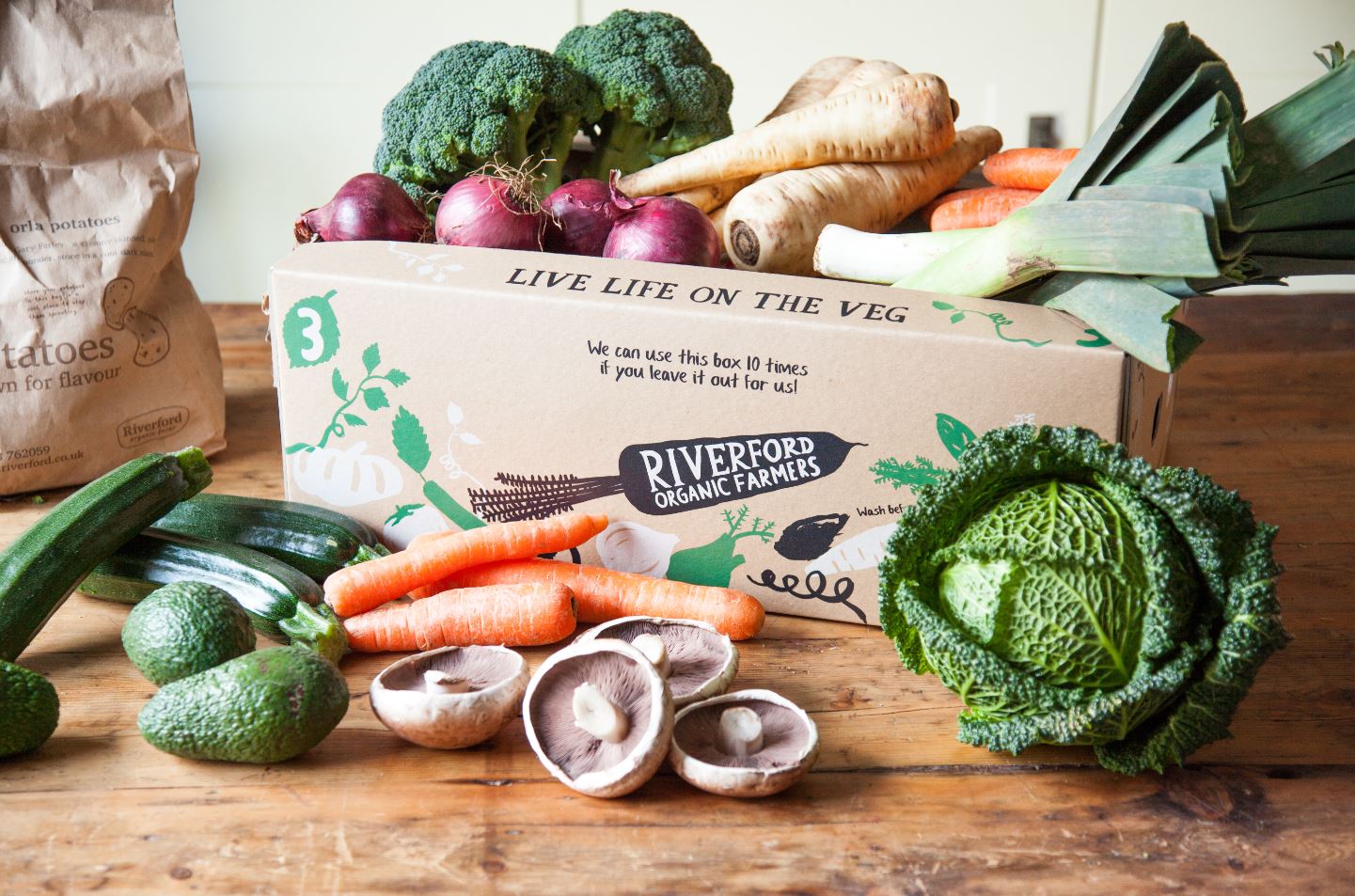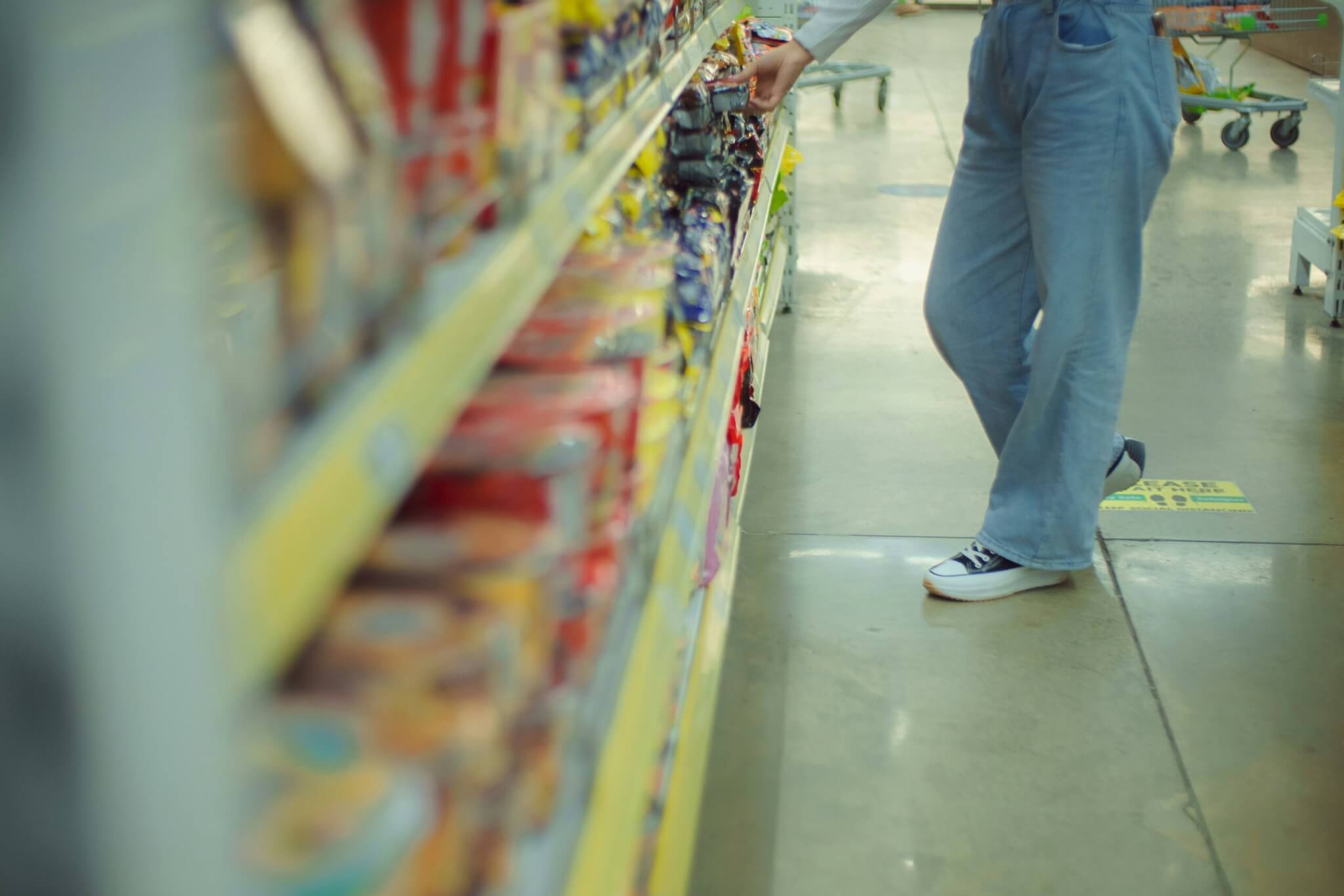British-grown vegetables will help to fill Riverford’s organic veg boxes and minimise disruption during a potential no-deal Brexit scenario at the end of October.
The company, which has updated its no-deal plan from the initial planned exit in March to the proposed date of 31 October, said leaving at this time will mean there is more British produce available, and less reliance on fresh imports.
British-grown autumn favourites including cabbages, cauliflower, parsnips, kales, swede and leeks should all be in plentiful supply during the two-week period from 31 October, and may be repeated more regularly than usual in the Riverford boxes.
Customers who buy from the ‘essentials’ range, rather than the set boxes, may find a shortage of European veg and salad items, such as peppers, tomatoes, cucumbers, broccoli and potentially avocados. Riverford will also look to use vegetables that store for longer, like Butternut squash and sweet potato, to use over the two-week period.
“One key difference is that the availability of UK fruit and veg is superior to the situation in March, which means we won’t have the same exposures or reliance on EU items,” said Riverford’s commercial director, Luke King.

In addition to planning around veg availability, the company has secured enough packaging and fuel to cover the period after Brexit, said King. Any imports from the EU to Riverford will use the Roscoff-Plymouth ferry route for the two weeks following 31 October as one of the lightest routes in the UK, away from the busier Channel ports where traffic is expected to build up.
In late October, Riverford typically imports around 30 per cent of its produce from the EU, with 70 per cent homegrown. In spring, this drops to around 50 per cent availability from the UK, and 50 per cent from Europe.
Prime Minister Boris Johnson has made it clear he wants to take Britain out of the EU by 31 October, with or without a deal. Other party leaders, plus a cohort of Tory rebels, are fighting to block a no-deal scenario due to the chaos they say it would inflict on numerous industries.
The food and farming industry has been particularly vocal about the impact of a no-deal – from no tariffs making it hard for British farmers to compete against cheaper imports, to the risk of lower standards on trade deals outside the EU.
NFU president Minette Batters has said it would be a “catastrophe” that would “set British farming back decades” and leave the UK unable to negotiate to maintain high welfare and quality standards in any new trade deals.
Riverford is well-positioned to weather any short-term supply issues due to its longstanding relationships with growers, and reliance on British produce wherever possible, but has been outspoken about the impact of uncertainty around Brexit.
Founder Guy Singh-Watson, who also owns a farm in France, has spoken out about the impact on small businesses, especially those involved in food growing and producing, where investment in seeds, planting and transportation will be lost due to the uncertainty around the leave date and chaotic conditions of exit.













0 Comments